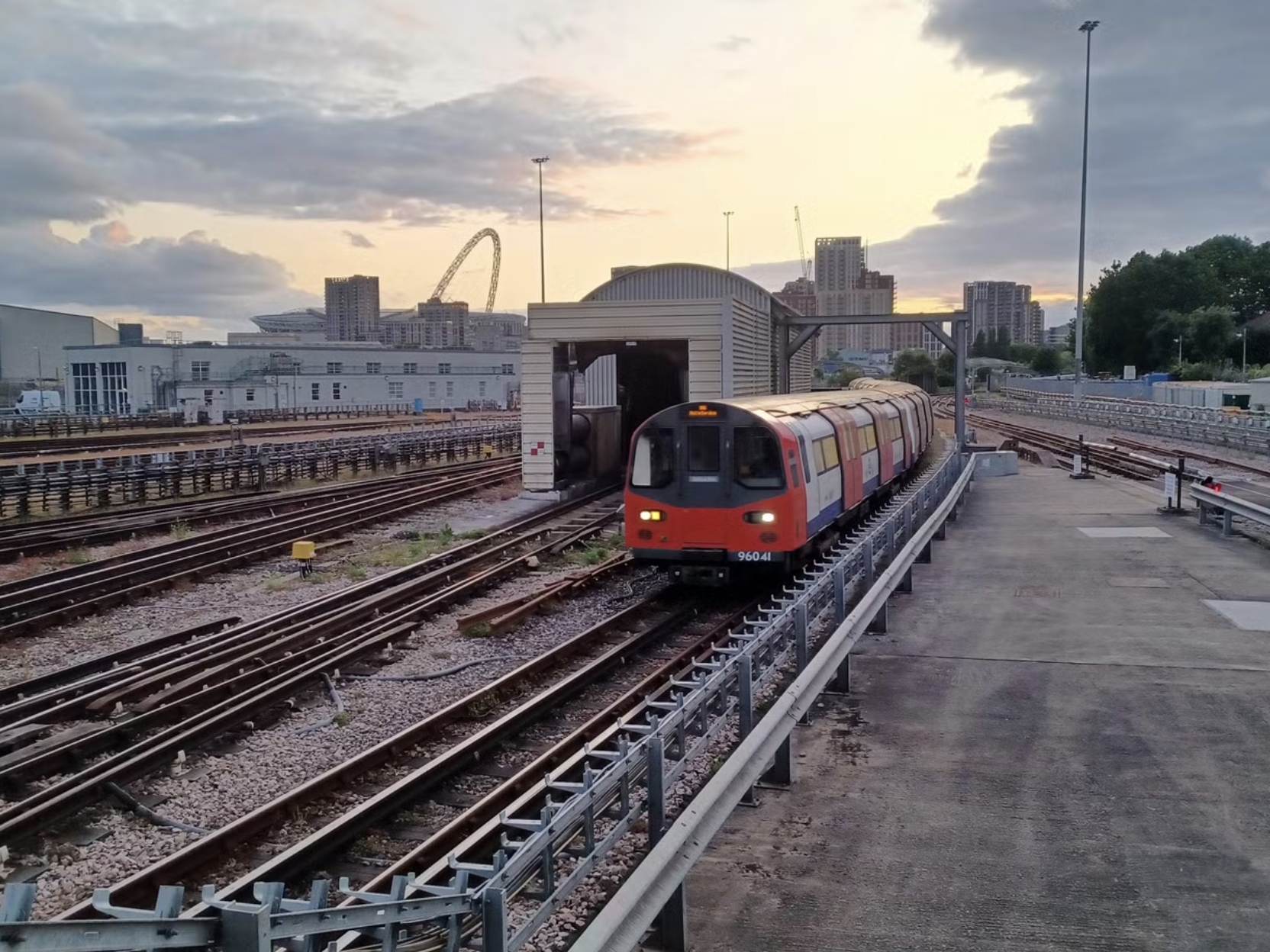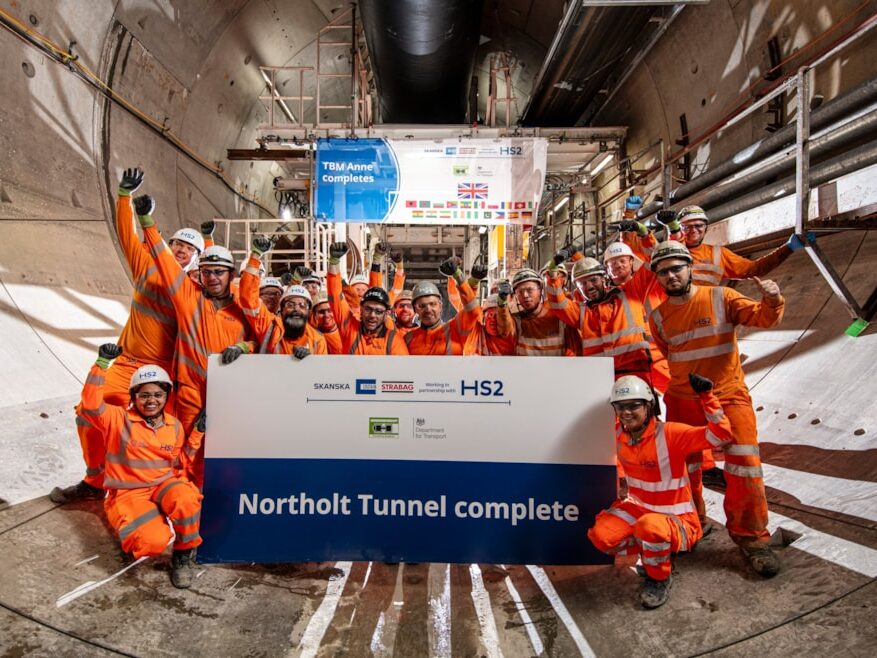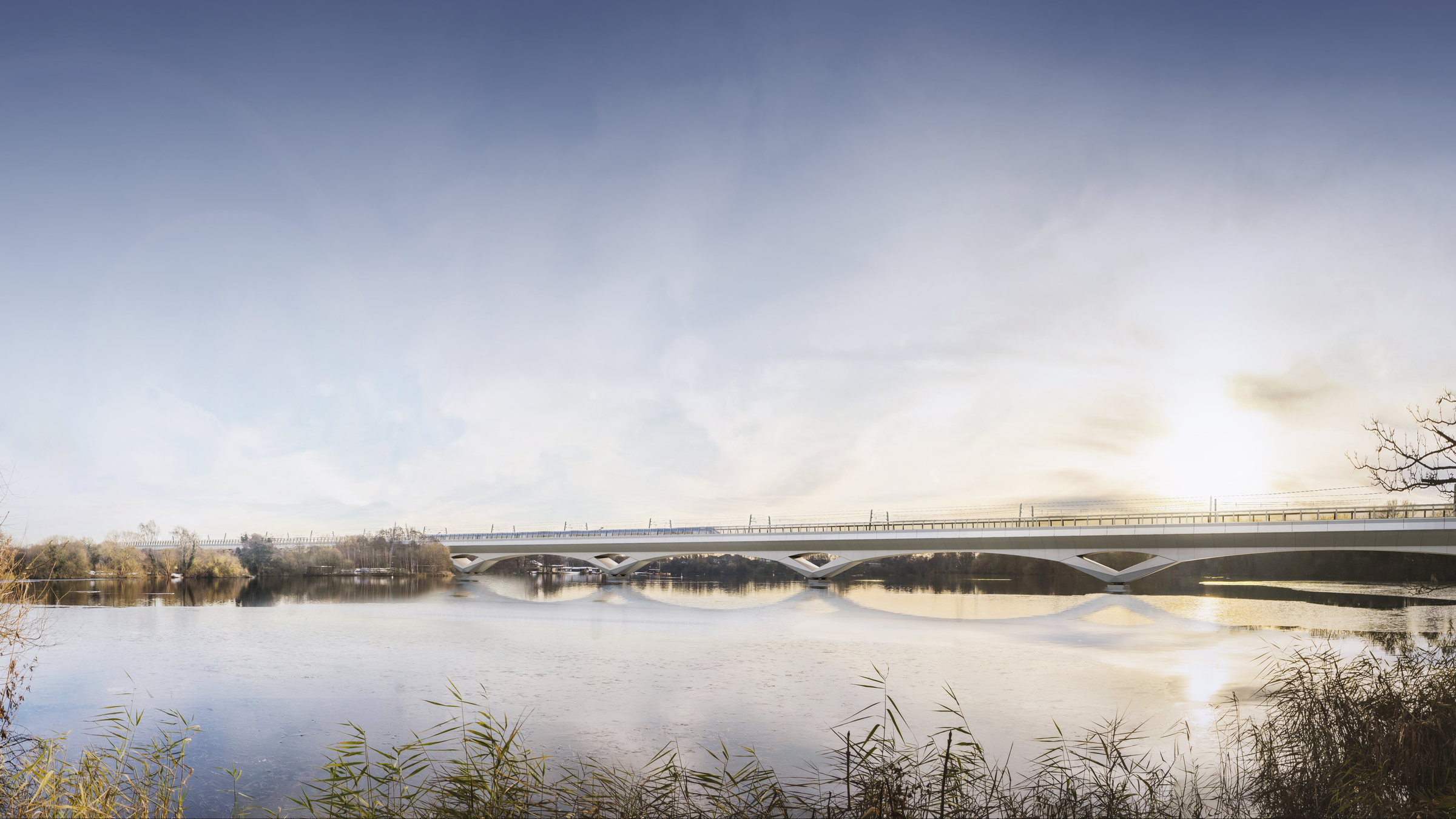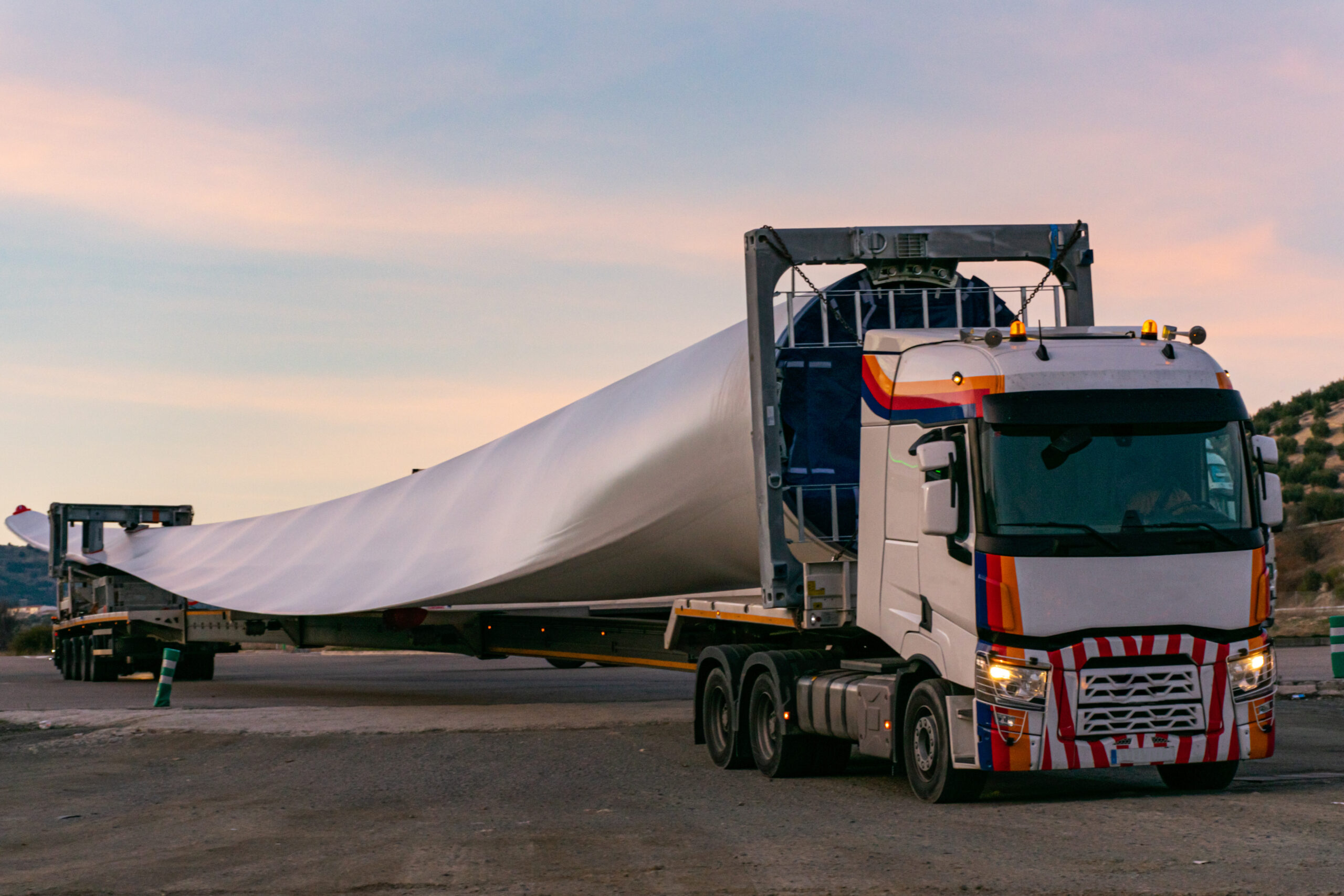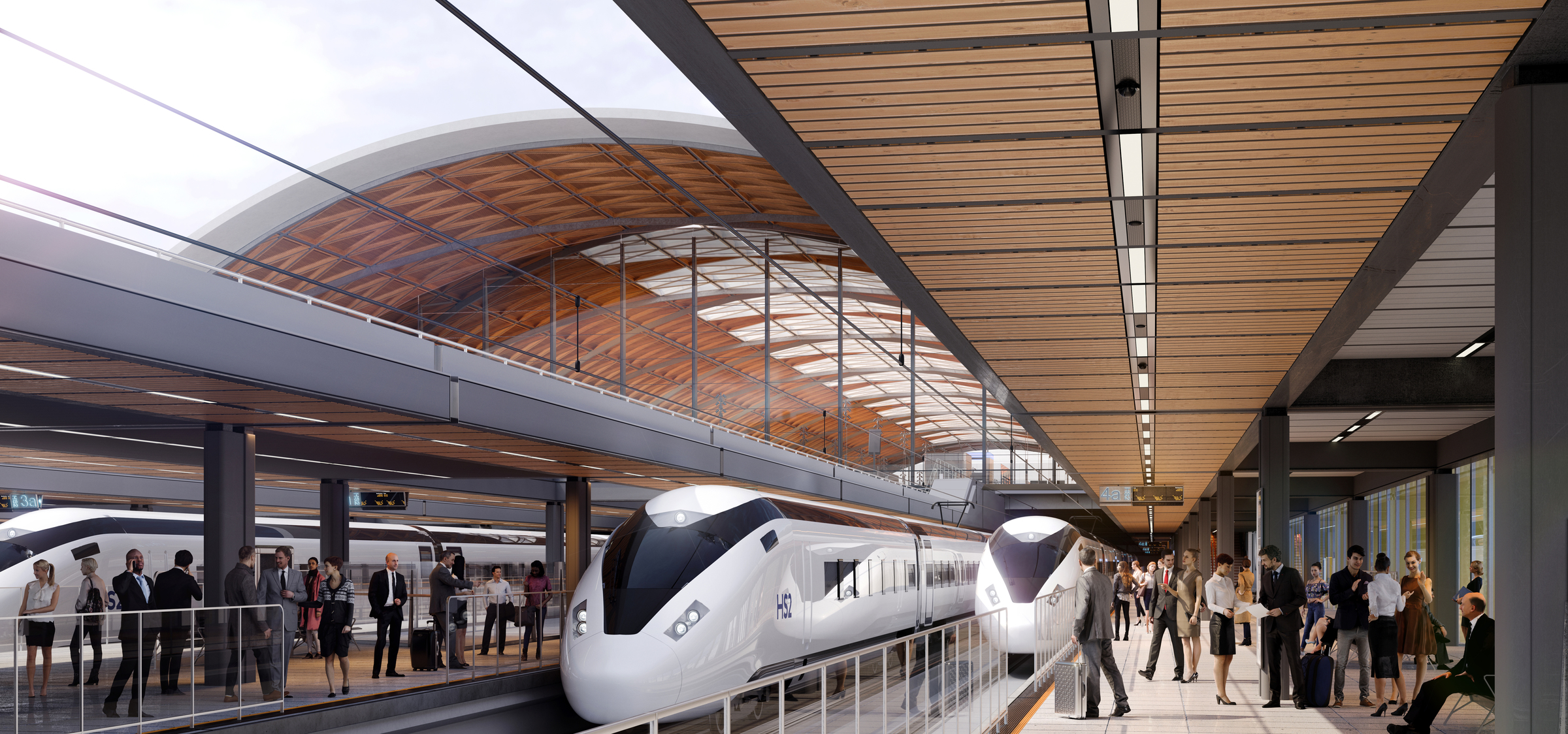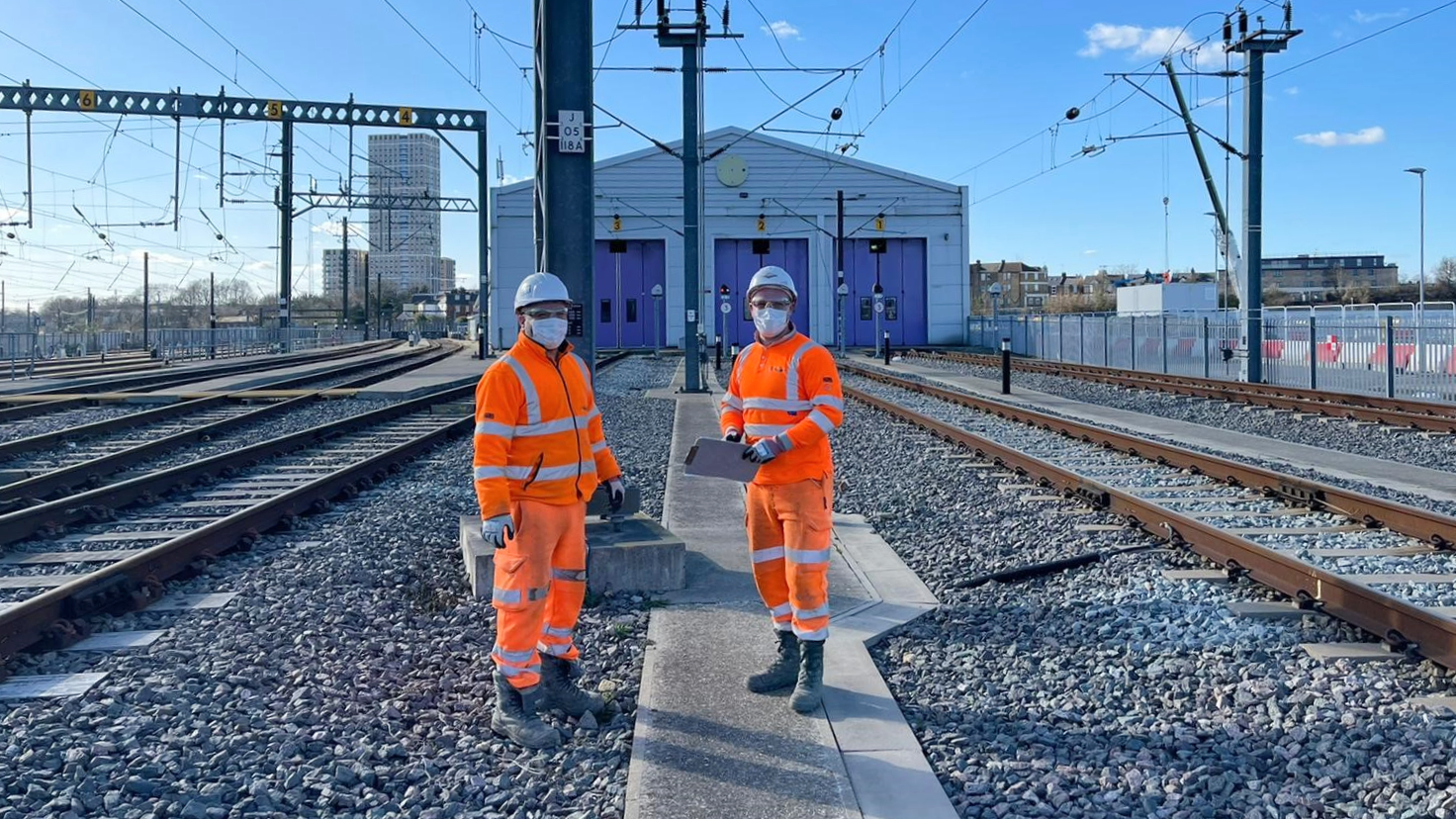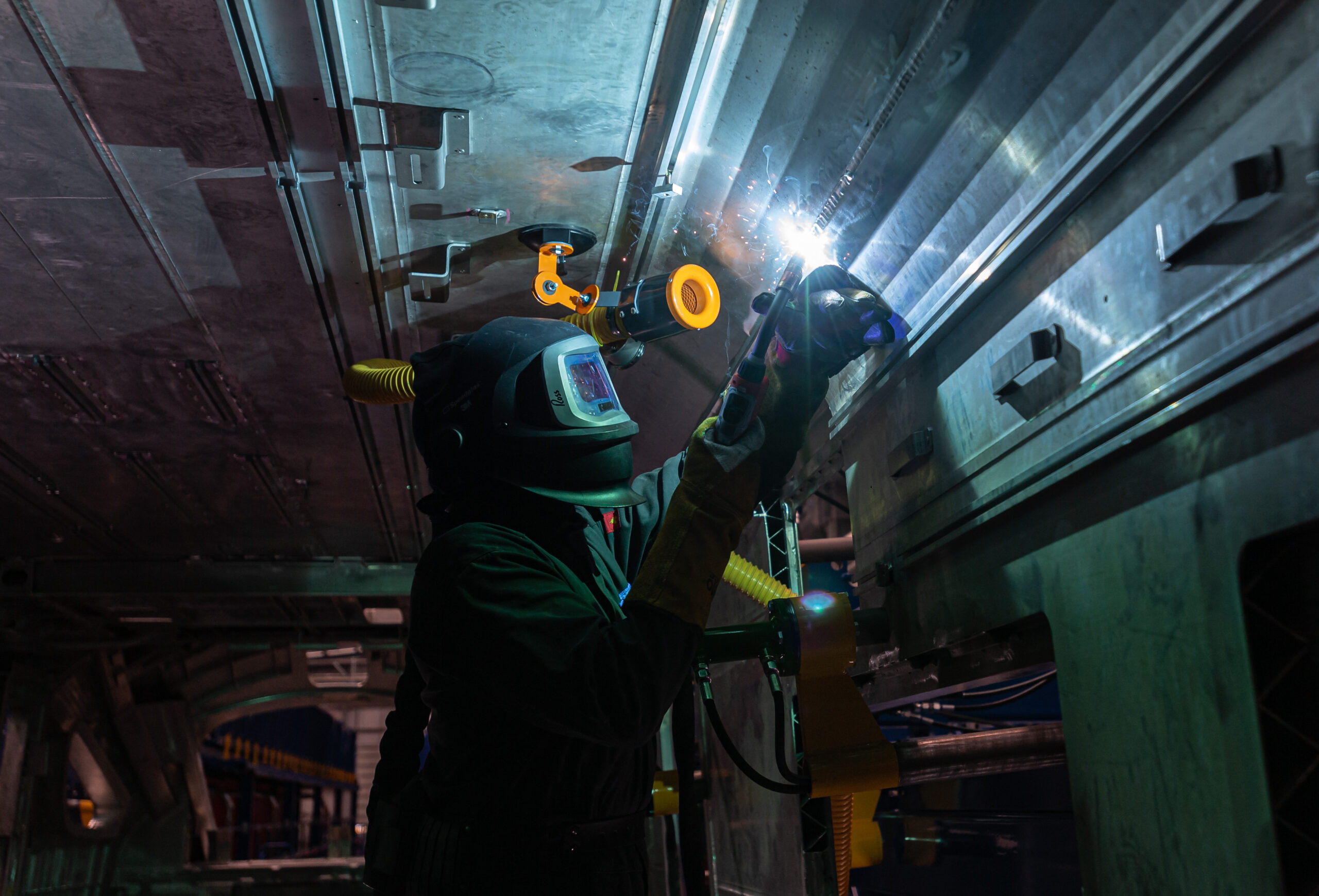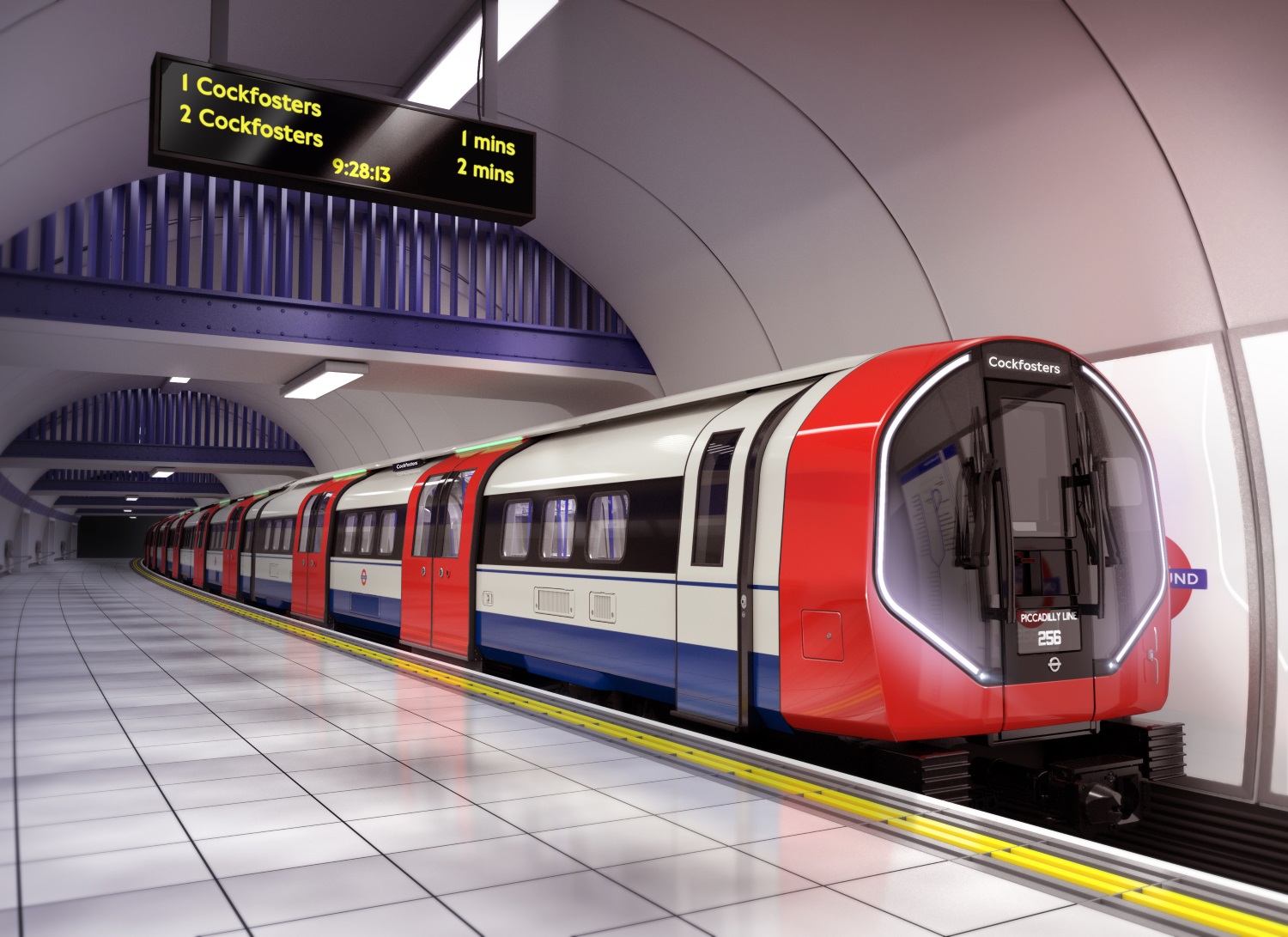Network Rail has published two reports examining how the railway can cope better with extreme weather events.
Following the derailment at Stonehaven in August last year, which caused the tragic loss of three lives, Network Rail commissioned two taskforces to look into the impact of extreme weather on the railways. Transport Secretary Grant Shapps requested a review of the resilience of the rail network in the UK in the face of a changing climate. An initial report was published in November 2020 with an update report published on 17 March 2021 along with the two taskforce reviews. These latter two focus on earthworks management and weather.
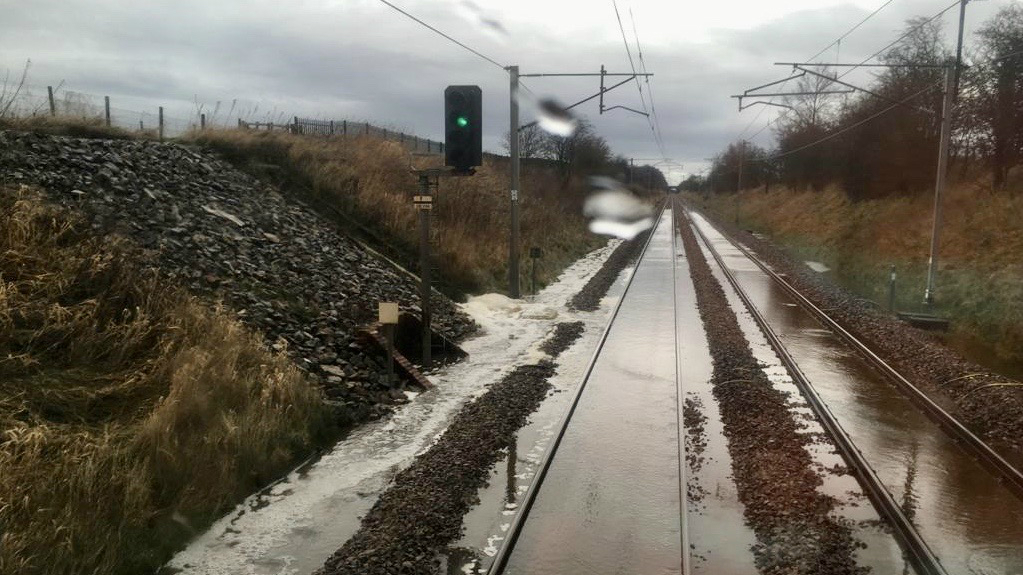
The Challenge of Climate Change for the Railway
In Britain, much of the earthworks the railway tracks run on were built 150 years ago, during Victorian times. By modern standards, they are poorly engineered. Both the cuttings and the embankments are too steep and unstable. The drainage systems are of a similar age and were built without taking into account the specific conditions of their location such as rainfall.
There are almost 200,000 separate slopes alongside 20,000 miles of track. It is not feasible to rebuild all of them. Investment in resilience work has almost doubled in the past decade, says Network Rail. Furthermore, new systems, technology, standards and practices have been introduced or updated.
New technology is being trialled, such as dynamic, route-based weather forecasts, in collaboration with the Met Office.
The reports have produced a list of more than 50 recommendations for Network Rail to look into more closely now.
Martin Frobisher, Safety and Engineering Director, Network Rail, said:The UK's railway is one of the safest in Europe, but something went tragically wrong at Stonehaven last summer and our thoughts remain with the families and friends of Brett McCullough, Donald Dinnie and Christopher Stuchbury.
Heavy rain caused ground slips on many occasions across the entire network last year and although tragic accidents are thankfully incredibly rare and none other than Stonehaven caused injuries, it is clear that extreme weather presents a significant challenge to the way we safely and reliably manage railway infrastructure.
We do a vast amount to tackle the effects of climate change already but there is more to do. We established two independent, expert taskforces led by world-class specialists to investigate the problems we face and, crucially, to guide us as we make substantial improvements.
We will carefully consider every single recommendation and develop a science-backed improvement plan, to target available money and technology in the best possible way. This is a real breakthrough.
Recommendations
- Trialling technology and keeping on top of latest developments to not fall behind, such as state-of-the-art weather forecasting capabilities through digital platforms
- Culture and organisational change: upskilling workforce to better access, interpret and use weather data and technology, carry out inspections and examinations of earthworks and drainage, improve knowledge and competencies consistently across the organisation
- Detailed analysis of previous slope failures and washouts coupled with accompanying weather patterns and ground conditions
- A proactive review and maintenance of earthworks drainage – potentially dedicated teams
- Increased use of helicopters and drones for inspections, particularly after heavy rainfall
Lord Mair and Dame Julia, who head the taskforces, are being retained in a mentorship capacity and to provide links to a wider group of engineering and scientific peers as Network Rail considers and implements longer-term recommendations.
Control Period 6 has a budget of 1.3 billion GBP for earthworks and drainage and the recommendations from the taskforces that are taken forward will feed into the CP7 budget.

















